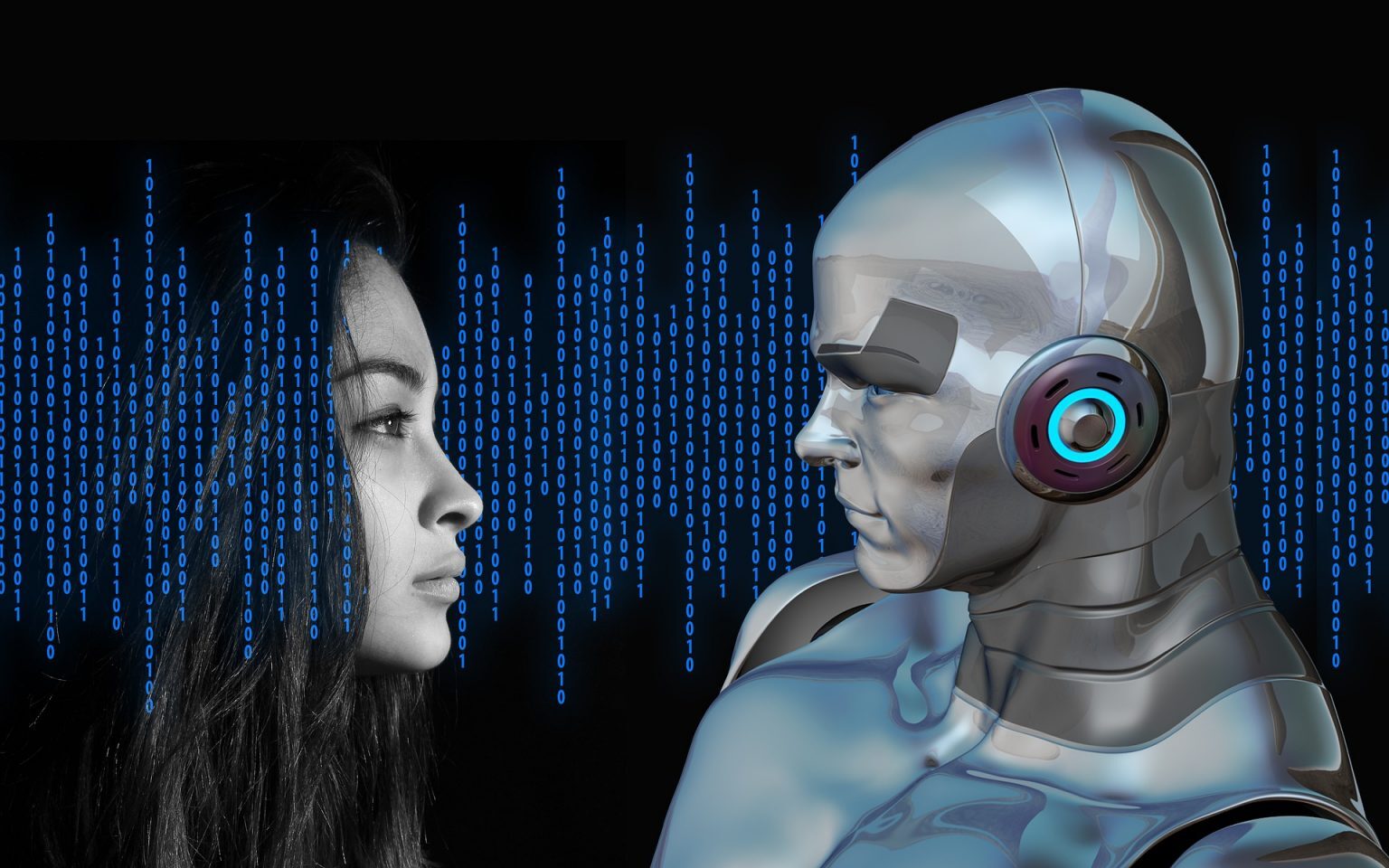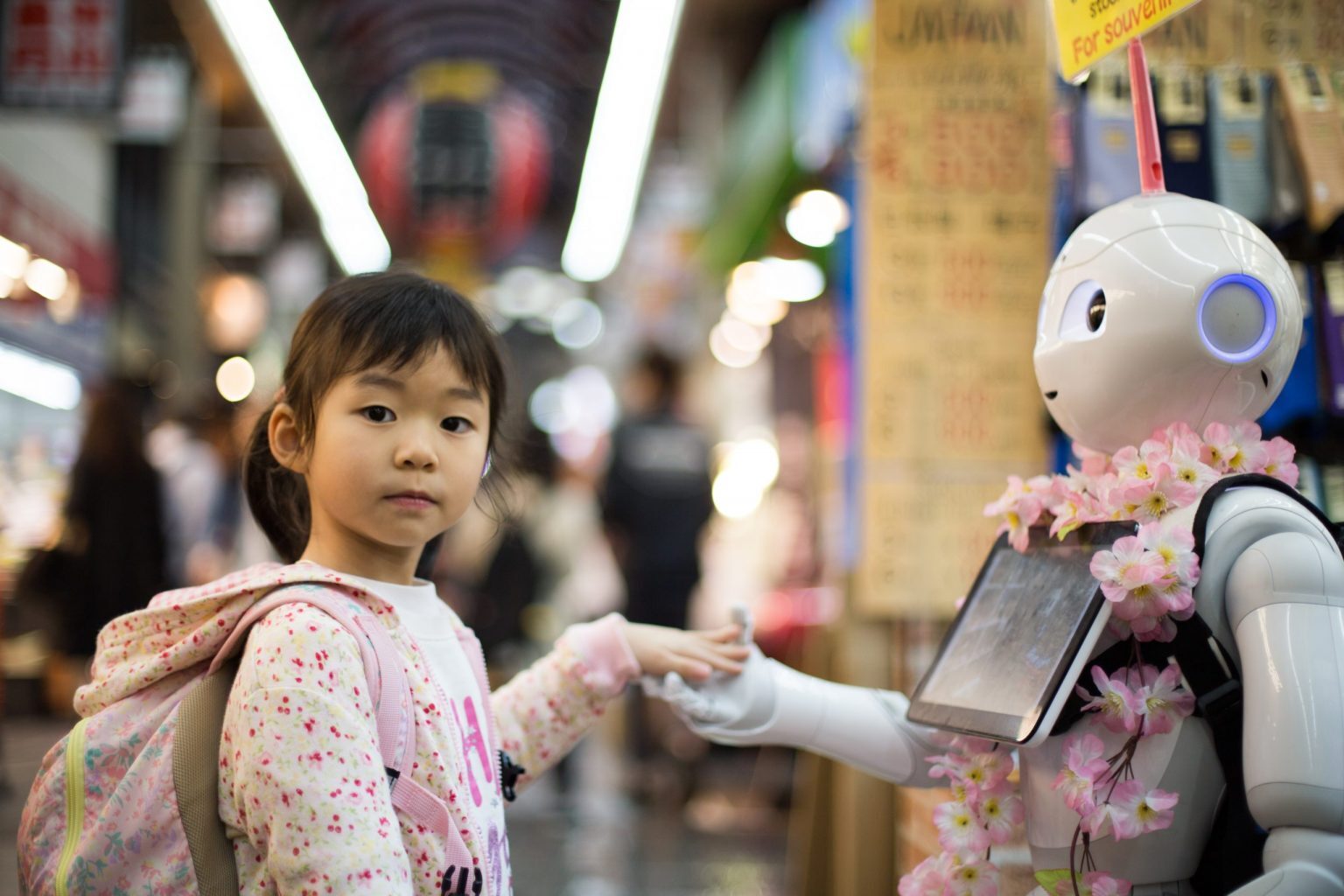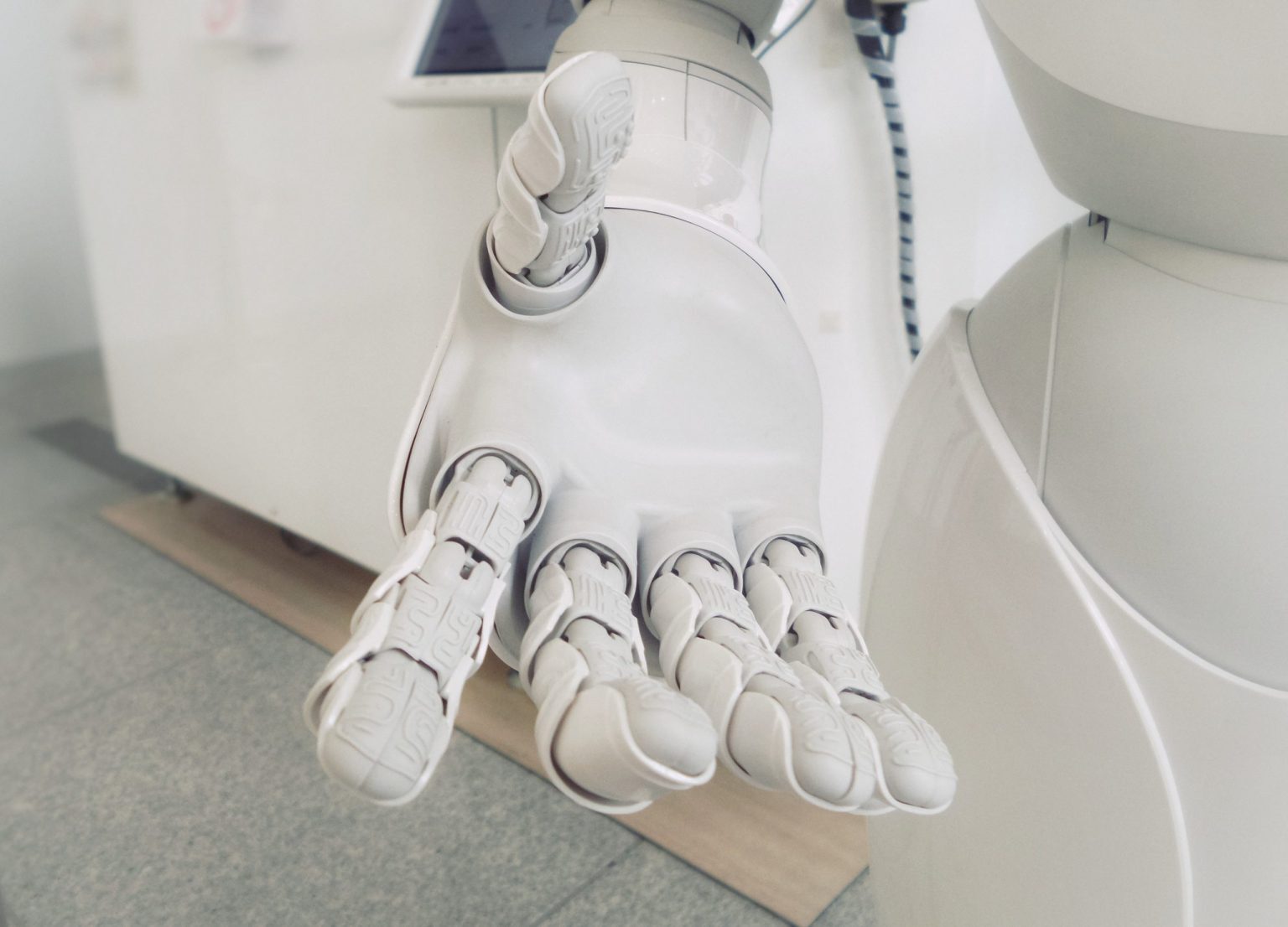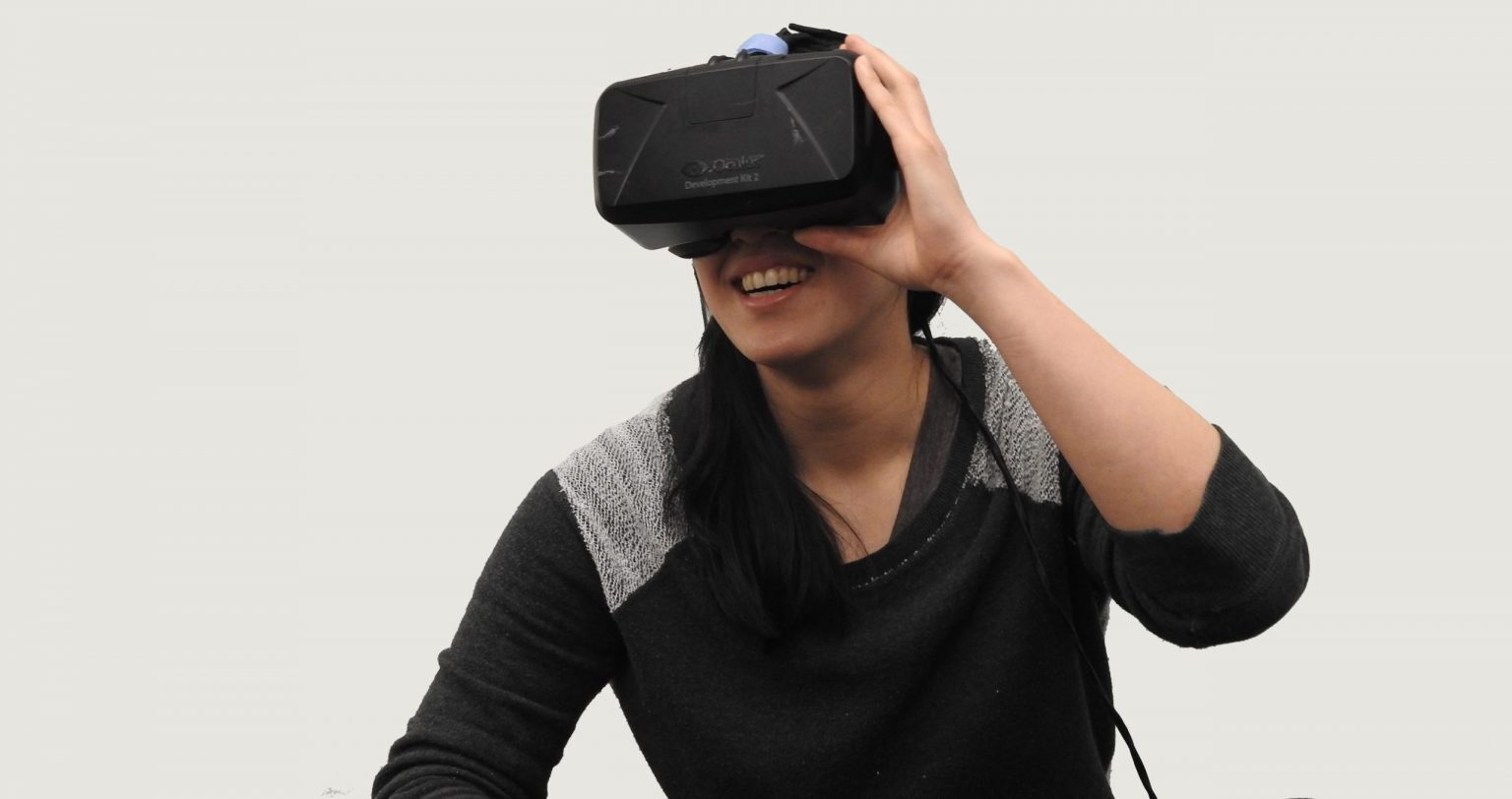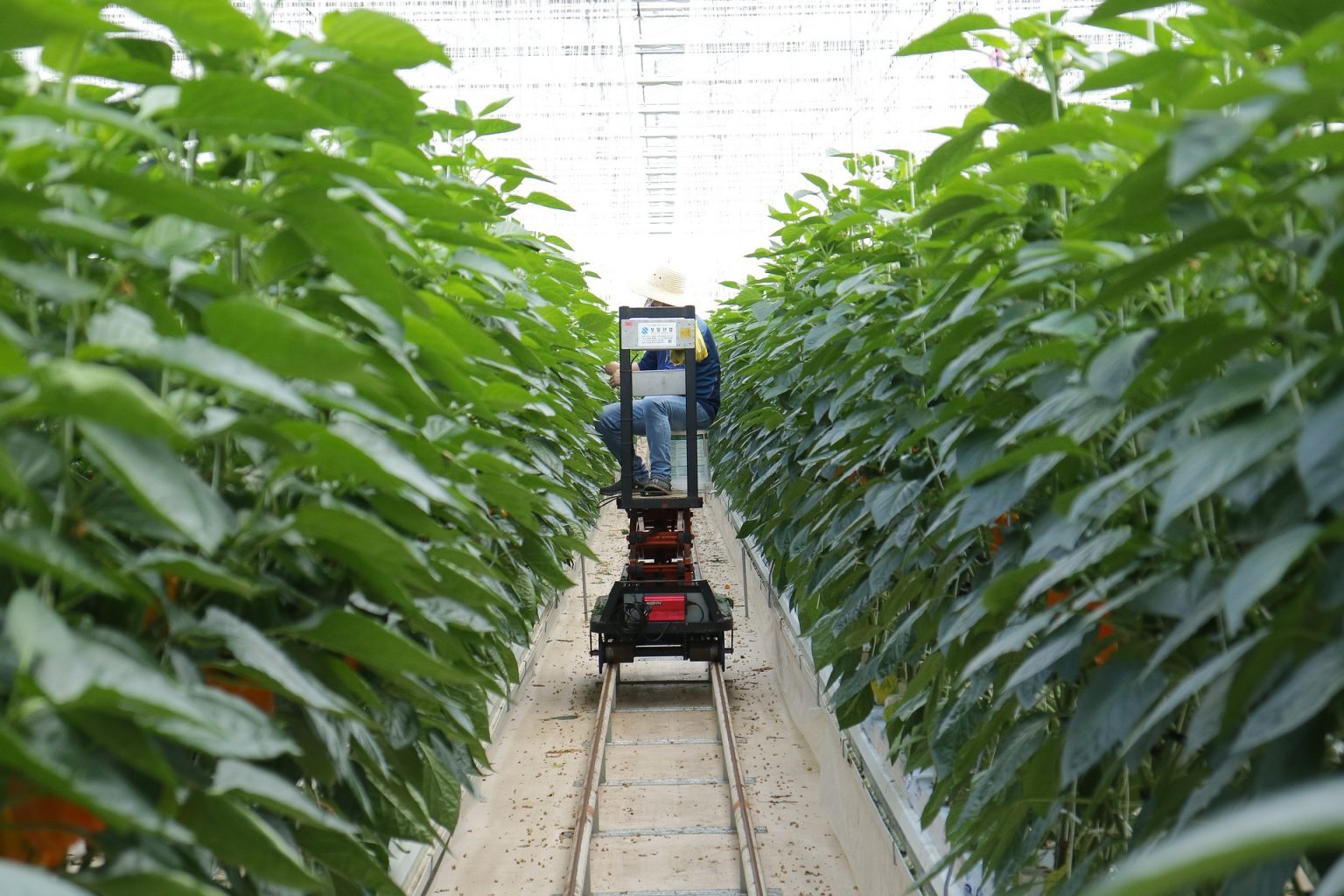It was recently revealed that in 2017 Microsoft patented a chatbot which, if built, would digitally resurrect the dead. Using AI and machine learning, the proposed chatbot would bring our digital persona back to life for our family and friends to talk to. When pressed on the technology, Microsoft representatives admitted that the chatbot was “disturbing”, and that there were currently no plans to put it into production. Still, it appears that the technical tools and personal data are in place to make digital reincarnations possible. AI chatbots have already passed the “Turing Test”, which means they’ve fooled other humans into thinking…
Author: The Conversation
In 2017, I returned to Canada from Sweden, where I had spent a year working on automation in mining. Shortly after my return, the New York Times published a piece called, “The Robots Are Coming, and Sweden Is Fine,” about Sweden’s embrace of automation while limiting human costs. Although Swedes are apparently optimistic about their future alongside robots, other countries aren’t as hopeful. One widely cited study estimates that 47 per cent of jobs in the United States are at risk of being replaced by robots and artificial intelligence. Whether we like it or not, the robot era is already upon us. The question…
When I saw the news that Apple would be releasing 217 new emojis into the world, I did what I always do: I asked my undergraduates what it meant to them. “We barely use them any more,” they scoffed. To them, many emojis are like overenthusiastic dance moves at weddings: reserved for awkward millennials. “And they use them all wrong anyway,” my cohort from generation Z added earnestly. My work focuses on how people use technology, and I’ve been following the rise of the emoji for a decade. With 3,353 characters available and 5 billion sent each day, emojis are now a significant language…
Google “What is Clubhouse?” and you’ll find a flurry of articles written in the past few weeks about this fast-growing social network. It’s not yet a year old, and much of the buzz stems from the fact that Clubhouse is invite-only, bringing with it an element of exclusivity. Clubhouse’s key attribute is its medium: audio, which sets it apart from established social media and messaging services like Facebook, Instagram, TikTok, WhatsApp and YouTube that use text, photos, video or a mix. Clubhouse combines the structure of old-school text chatrooms with the immediacy and emotion of the human voice. The social…
Harrison Schmitt and Eugene Cernan blasted off from the Taurus-Littrow valley on the Moon in their lunar module Challenger on December 14 1972. Five days later, they splashed down safely in the Pacific, closing the Apollo 17 mission and becoming the last humans to visit the lunar surface or venture anywhere beyond low-Earth orbit. Now the international Artemis programme, lead by Nasa, is aiming to put humans back on the Moon by 2024. But it is looking increasingly likely that this goal could be missed. History shows just how vulnerable space programmes, which require years of planning and development spanning several administrations, are. After Apollo 17,…
The history of humans’ use of technology has always been a history of coevolution. Philosophers from Rousseau to Heidegger to Carl Schmitt have argued that technology is never a neutral tool for achieving human ends. Technological innovations – from the most rudimentary to the most sophisticated – reshape people as they use these innovations to control their environment. Artificial intelligence is a new and powerful tool, and it, too, is altering humanity. Writing and, later, the printing press made it possible to carefully record history and easily disseminate knowledge, but it eliminated centuries-old traditions of oral storytelling. Ubiquitous digital and phone cameras have changed…
With one in four of us expected to experience a mental health problem at any one time, increasing access to treatment has become essential. But doing so is challenging. Therapists require extensive training, and the most effective forms of therapy involve coaching patients in everyday situations, which is time-consuming and therefore costly. Delivering psychological therapies in virtual reality (VR) may provide a solution. Here are three ways VR could transform mental health treatment. 1. “In-situ” coaching The most successful therapeutic interventions help people to modify the way they think, react, and behave in the very situations they find most challenging. This could be anything from getting…
Digital platforms like Facebook and Google give us easy access to media and information. But our collective dependence on these tech giants could in the long run reduce the quality of journalism, making us all worse off. The tension between convenience for readers and funding for journalism has been highlighted by Facebook’s recent move to block news in Australia rather than pay media companies under new regulations. Situations like this, where each individual acts in their own best interest but everybody still somehow loses, are surprisingly common in life. Economists see them through the lens of the “prisoner’s dilemma”, a famous fable…
Agriculture’s impact on the planet is massive and relentless. Roughly 40 per cent of the Earth’s suitable land surface is used for cropland and grazing. The number of domestic animals far outweighs remaining wild populations. Every day, more primary forest falls against a tide of crops and pasture and each year an area as large as the United Kingdom is lost. If humanity is to have a hope of addressing climate change, we must reimagine farming. COVID-19 has also exposed weaknesses with current food systems. Agricultural scientists have known for decades that farm labour can be exploitative and hard, so it should surprise no…
In denying news content to its Australian users, Facebook is arguably overplaying its hand, behaving as a big company that thinks it can intimidate governments. If it keeps doing this, it will ultimately lose customers, and that’s the last thing Facebook wants. Perhaps you’re already considering breaking up with Facebook, whether in reaction to the news ban, or out of a broader unease about its business model, which profiles its users with the goal of earning revenue from targeted advertising. If so, the good news is it’s definitely possible to delete Facebook. Or, if you’re not ready to go the whole…

